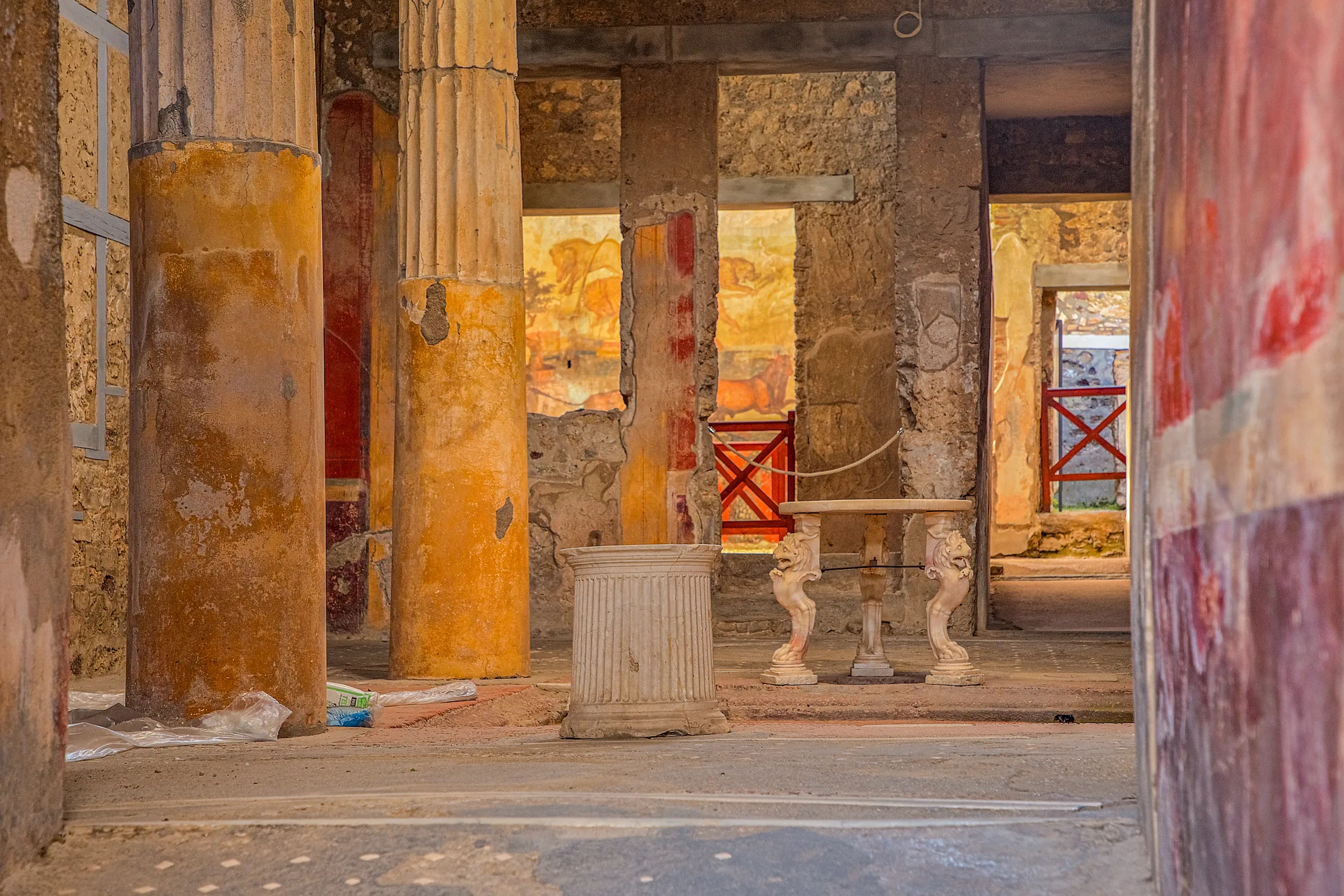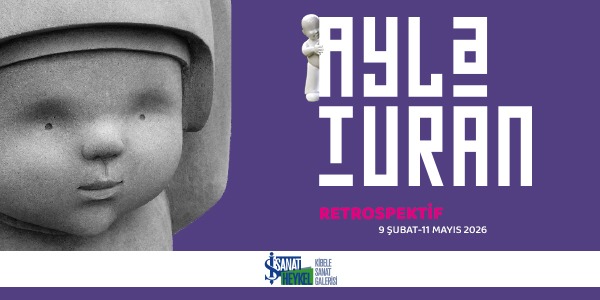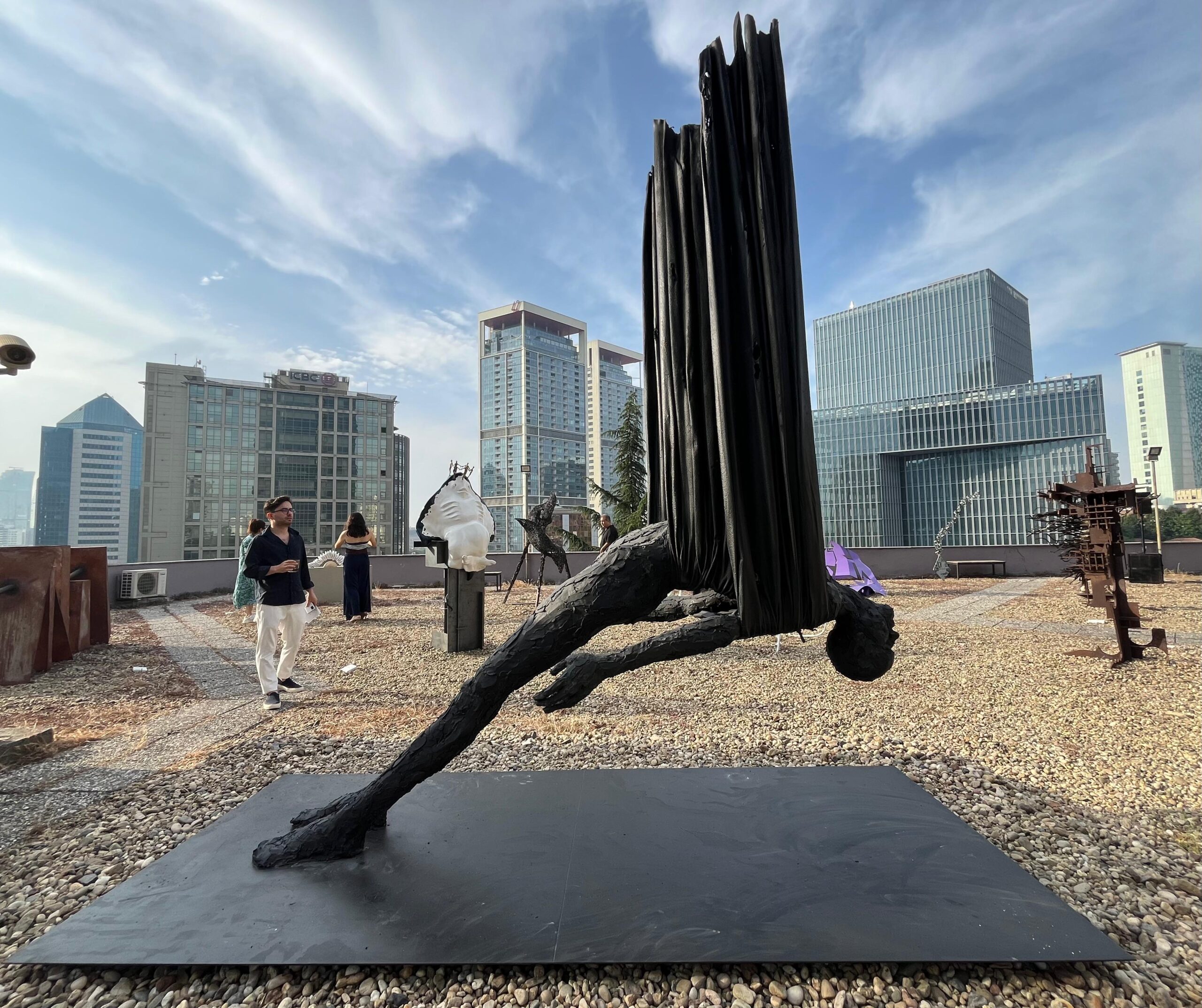On June 22, at Pompeii, a visitor from Kazakhstan was caught vandalizing the House of Ceii, an example of late Samnite domestic architecture from the second century BCE. The offender scratched the initials “ALI” on the plaster wall of this ancient mansion, causing damage to a location known for its brilliant frescoes and architectural value. This act of vandalism compromised the monument’s physical integrity while also highlighting the ongoing issues of preserving cultural property from modern vandalism.
The House of Ceii excavated between 1913 and 1914, is believed to have been the residence of the magistrate Lucius Ceius Secundus. The house’s interior is adorned with detailed frescoes that offer invaluable insights into ancient Pompeii’s artistic and cultural practices. The recent vandalism adds to a distressing trend of tourists damaging Italy’s irreplaceable historical sites, prompting criticism from cultural officials.
Gennaro Sangiuliano, Italy’s Minister of Culture, denounced the act as an “uncivilized and idiotic disgrace” and underscored the necessity for the perpetrator to bear the cost of restoration. This sentiment echoes the broader frustration felt across Italy, where incidents of vandalism at significant heritage sites like Herculaneum and the Colosseum have become all too common. Last year, a Bulgarian tourist sparked international outrage by carving his and his girlfriend’s names into the Colosseum’s walls, while a Dutch tourist recently defaced a wall in Herculaneum.
In response to these acts of vandalism, Italy has enacted stricter penalties to deter such behavior. Earlier this year, legislation was passed to increase fines for damaging cultural heritage sites, raising the maximum penalty from €15,000 to €40,000. This legislative move not only aims to curb vandalism but also to protect cultural sites from becoming targets of climate protests and other forms of activism.
Despite these measures, the Kazakh tourist will face administrative rather than criminal proceedings, though he remains liable for the cost of repairing the damage. This decision has sparked a debate about the adequacy of current penalties and the effectiveness of administrative sanctions in preventing future incidents.
The recurring vandalism of Italy’s ancient monuments is more than just a series of isolated events; it represents a profound disrespect for cultural heritage and history. Each act of defacement is a wound to the collective memory and identity preserved within these ancient walls. The frescoes of the House of Ceii, like countless other artifacts across Italy, are not mere decorations but vital links to our past, offering insights into the lives, beliefs, and artistry of ancient civilizations.
Protecting these treasures requires not only stringent legal measures but also a collective cultural shift towards greater respect and appreciation for historical sites. Tourists and locals alike must recognize the value of these monuments and the importance of preserving them for future generations. Education and awareness campaigns, combined with robust legal frameworks, can help foster a deeper understanding and reverence for cultural heritage.
The vandalism at the House of Ceii is a stark reminder of the fragility of our cultural legacy and the ongoing battle to safeguard it. As Italy continues to enhance its protective measures, the global community must join in this effort, ensuring that the treasures of our shared history remain intact for all to appreciate and learn from.









